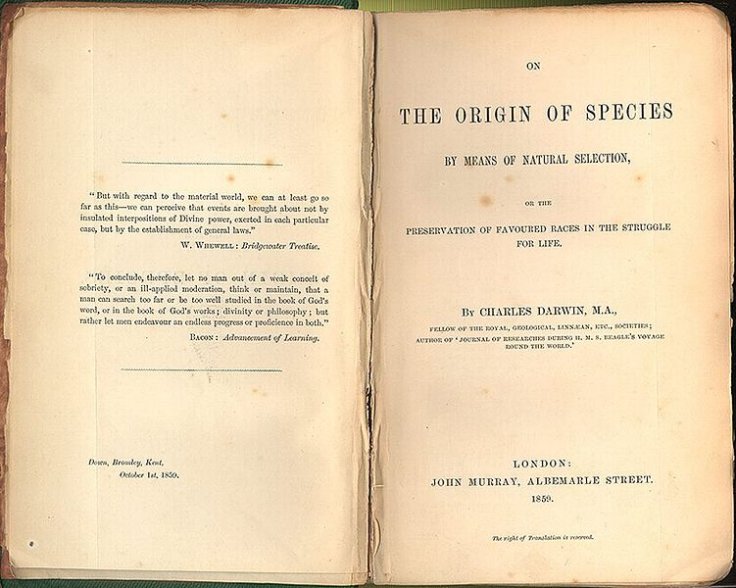In 1859, "On the Origin of Species"- a book by Charles Robert Darwin revealed the process by which organisms change over time and the mystery behind the evolution. The book was published after Darwin returned home from a five-year voyage of discovery. Now for the first time, a scientist from the University of Cambridge has proved Darwin's theories of evolution nearly 140 years after his death.
Who is this scientist?
A PhD student in Biological Anthropology at St John's College, University of Cambridge, Laura van Holstein published her revolutionary research on Wednesday, March 18, in Proceedings of the Royal Society. She discovered that mammal subspecies play a huge role in evolution than previously thought.
The finding of this study now can be used to predict which species conservationists should focus on protecting to stop them from becoming endangered or extinct.

Holstein did her BA from 2013 to 2016 in Biological Anthropology. In her undergraduate dissertation, she isolated sections of Denisovan ancient DNA likely contributed by a "ghost" hominin with which it interbred and during her PhD, the scientist shifted the focus from interactions between hominin species to the processes that generate diversity at various levels of the taxonomic hierarchy, and crucially, how these interact.
The Cambridge researcher is involved in the teaching of Humans in Biological Perspective, Human Evolution and Palaeolithic Archaeology, Major Topics in Human Evolutionary Studies and Human Culture and Behaviour.
Research on one of Darwin's famous theories
Holstein said that "In Chapter three of On the Origin of Species Darwin said animal lineages with more species should also contain more 'varieties.' Subspecies is a modern definition." Her study investigating the relationship between species and the variety of subspecies proves that the sub-species play an important role in long-term evolutionary dynamics as well as in future evolution of the species" and they always have which the naturalist always suspected when he was explaining what a species actually was.
She confirmed the hypothesis made by Darwin by looking at the century-old gathered data. In the Origin of Species by Means of Natural Selection, Darwin mentioned that organisms gradually evolved through a process called 'natural selection.' Holstein's research reveals that the evolution of species happens differently in land mammals and sea mammals as well as bats due to the differences in their habitats and ability to roam freely on earth.

The evolution of species
The Cambridge researcher said in her research that "We found the evolutionary relationship between mammalian species and subspecies differs depending on their habitat. Subspecies form, diversify and increase in number in a different way in non-terrestrial and terrestrial habitats, and this, in turn, affects how subspecies may eventually become species."
She explained that if a mountain appears like a barrier in the way, then animal groups can be separated which would lead them to different evolutionary journeys.
Her study includes the revelation of whether subspecies could be considered an early stage of speciation and form a new species. In this case, the researcher revealed that "The answer was yes. But evolution isn't determined by the same factors in all groups and for the first time we know why because we've looked at the strength of the relationship between species richness and subspecies richness."
This research also showed that the human impact on the habitats of animals will affect their evolution in future. She said that human acts like logging and deforestation will affect evolution in the future by disrupting the habitat of species. Holstein said "The impact on animals will vary depending on how their ability to roam, or range, is affected. Animal subspecies tend to be ignored, but they play a pivotal role in longer-term future evolution dynamics."
Now the Cambridge researcher is aiming to look at how her study can be helpful to predict the rate of speciation (the evolutionary process by which populations evolve to become distinct species) from endangered species and non-endangered species.









